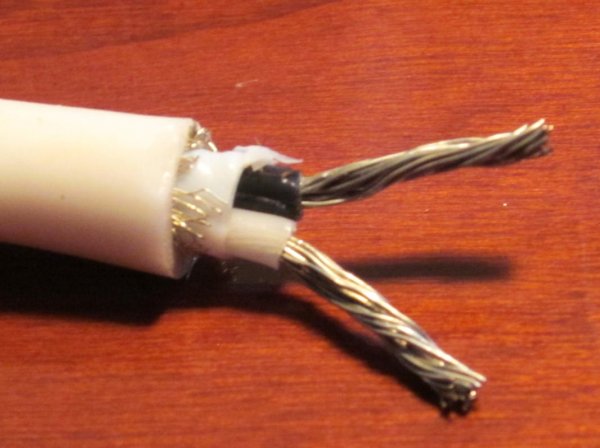garylkoh
WBF Technical Expert (Speakers & Audio Equipment)
As someone who used to be a cable skeptic, and then tried all sorts of cables, before succumbing to designing my own, I only managed to plow through 5 pages of this thread. I will say this - every cable design probably works "best" in the system used by the cable designer. I don't believe that every speaker cable designer has available to them every conceivable combination of loudspeaker and amplifier. And hence, while they may very well have achieved "the best" in their ears, their system, and their room, their solution may sound like a scam to cable skeptics.
However, ever since going through my own exercise in cable design, I have been very much more charitable towards cable manufacturers. Most do have a rationale or philosophy in their design, and all that I have met have been earnest and honest. A very few have grown rich in the cable business.
I am embarrassed to be selling cables at what I think to be nose-bleed prices, but that is the reality of costs of manufacturing, distribution and marketing. I'm only selling them because there are willing buyers who will happily pay those prices.
That is why I created the Cable Dialectic here:
http://www.whatsbestforum.com/showthread.php?2963-The-Cable-Dialectic
muralman may indeed have found the best cables for his system - I don't think that I've ever read him saying that they are The Best Cables for all systems. May be others will discover that the best cables for their system will be home-made costing less than $80. May be others will discover that cables make no discernible difference in their system. May be it will put me out of the cable business, but I don't think so.....
However, ever since going through my own exercise in cable design, I have been very much more charitable towards cable manufacturers. Most do have a rationale or philosophy in their design, and all that I have met have been earnest and honest. A very few have grown rich in the cable business.
I am embarrassed to be selling cables at what I think to be nose-bleed prices, but that is the reality of costs of manufacturing, distribution and marketing. I'm only selling them because there are willing buyers who will happily pay those prices.
That is why I created the Cable Dialectic here:
http://www.whatsbestforum.com/showthread.php?2963-The-Cable-Dialectic
muralman may indeed have found the best cables for his system - I don't think that I've ever read him saying that they are The Best Cables for all systems. May be others will discover that the best cables for their system will be home-made costing less than $80. May be others will discover that cables make no discernible difference in their system. May be it will put me out of the cable business, but I don't think so.....














